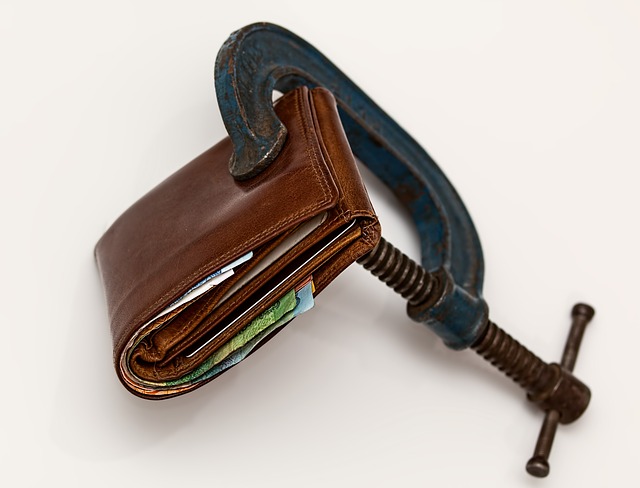My guess is that you probably know a fair amount about how to manage your finances. You may not be aware, however, that managing your finances is more than being able to do the math. Do you often find yourself diverting from your budget, finding yourself more and more in debt? Your tendency to go off track may have less to do with your ability to manage money and more to do with what is going on inside of you. There is a program to help people who struggle with debt. Debtors Anonymous, begun in 1968, is a twelve step program that offers recovery from compulsive debting and hope for a more prosperous life. Following is a list of twelve signs of compulsive debting from Debtors Anonymous. If you resonate with any of them, you may consider joining a group.
1. Being unclear about your financial situation. Not knowing account balances, monthly expenses, loan interest rates, fees, fines, or contractual obligations.
2. Frequently “borrowing” items such as books, pens, or small amounts of money from friends and others, and failing to return them.
3. Poor saving habits. Not planning for taxes, retirement or other not-recurring but predictable items, and then feeling surprised when they come due; a “live for today, don’t worry about tomorrow” attitude.
4. Compulsive shopping: Being unable to pass up a “good deal”; making impulsive purchases; leaving price tags on clothes so they can be returned; not using items you’ve purchased.
5. Difficulty in meeting basic financial or personal obligations, and/or an inordinate sense of accomplishment when such obligations are met.
6. A different feeling when buying things on credit than when paying cash, a feeling of being in the club, of being accepted, of being grown up.
7. Living in chaos and drama around money: Using one credit card to pay another; bouncing checks; always having a financial crisis to contend with.
8. A tendency to live on the edge: Living paycheck to paycheck; taking risks with health and car insurance coverage; writing checks hoping money will appear to cover them.
9. Unwarranted inhibition and embarrassment in what should be a normal discussion of money.
10. Overworking or underearning: Working extra hours to earn money to pay creditors; using time inefficiently; taking jobs below your skill and education level.
11. An unwillingness to care for and value yourself: Living in self-imposed deprivation; denying your basic needs in order to pay your creditors.
12. A feeling or hope that someone will take care of you if necessary, so that you won’t really get into serious financial trouble, that there will always be someone you can turn to.
If you can relate with two or more of the twelve items in this list you may want to check out http://debtorsanonymous.org/. There you will find a whole community of people who are turning around their tendency to debt and are ready to help you do the same.








